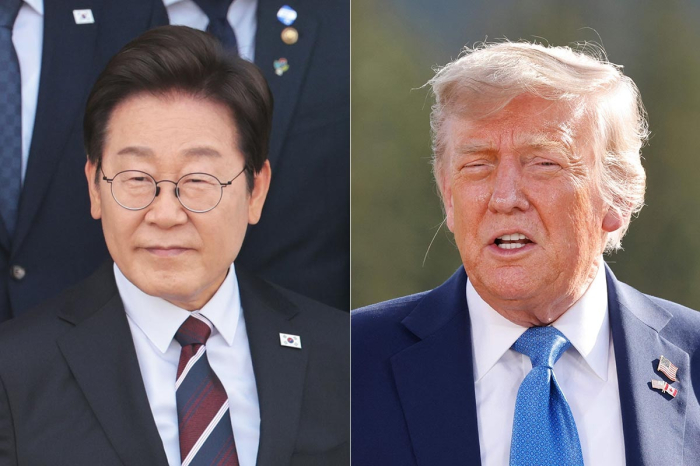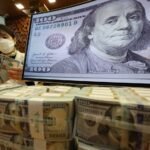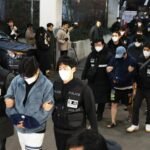
South Korea and the United States have reached a trade agreement setting the new US tariff rate at 15%, down from the previously announced 25%, just ahead of the US-imposed Aug. 1 deadline, South Korea’s presidential office said on Wednesday.
In exchange, the country is committed to invest $350 billion in the US and purchase $100 billion worth of liquefied natural gas (LNG) or other energy products, US President Donald Trump said on his Truth Social platform.
The trade deal package excludes any further opening of South Korea’s beef and rice markets, a move that would mitigate domestic backlash, particularly from farmers and civic groups wary of US imports.
“The deal is that South Korea will give the US $350 billion for investments owned by controlled by the US, and selected by myself, as president,” Trump said in a post on Truth Social.
“Additionally, South Korea will purchase $100 billion worth of LNG or other energy products (from the US) and further, South Korea has agreed to invest a large sum of money for their investment purposes.”
Details of the deal will be announced within the next two weeks in a bilateral meeting at the White House in Washington, Trump said.
South Korea’s presidential office said the timing of their summit has yet been determined. They have yet to hold a bilateral meeting since South Korean President Lee Jae-myung took office on June 4.

TARIFFS ON KOREAN CARS LOWERED TO 15%
Kim Yong-beom, South Korea’s presidential chief of staff for policy, said at a media briefing on Wednesday that under the trade deal, US will reduce tariffs on South Korean automobiles to 15%, from 25% introduced in April.
“Regarding forthcoming (US) tariffs on semiconductors and pharmaceuticals, we will be treated on equal footing with other countries,” Kim told reporters.
He acknowledged that limited time posed challenges, but said the government approached the negotiations to ensure any concessions remain within the country’s tolerable range with the principle of securing a mutually beneficial outcome.
SHIPBUILDING FUND
While the agreement eliminates much of the uncertainty surrounding Soth Korea’s export conditions, Kim said that one of their main agenda was expanding cooperation in the shipbuilding sector.
Under the trade deal, South Korean will form a $150 billion fund dedicated to investments in the US shipbuilding industry from vessel construction to maintenance, repair and overhaul (MRO) services and component manufacturing.
“Combining the world-class ship design and construction capabilities of South Korean shipbuilders with the software expertise of US companies is expected to generate synergies in next-generation vessels, including autonomous ships,” he said.
South Korea’s Deputy Prime Minister and Finance Minister Koo Yoon-cheol said at the media briefing that Trump asked South Korean shipbuilders to begin the construciton of vessels in the US in the near future.
SEMICONDUCTOR FUND
Additionally, South Korea will create a $200 billion fund to invest in semiconductor, nuclear energy, secondary battery and biotech industries in the US.
To minimize risks associated with fund management, the US government has agreed to take responsibility for acquiring the project outputs, said Kim, the presidential policy chief.
“Investments will be directed toward projects that are commercially viable and reasonably sound,” he added.
By Sangeun Lucia Lee and Yeonhee Kim
selee@hankyung.com
Jennifer Nicholson-Breen edited this article.















